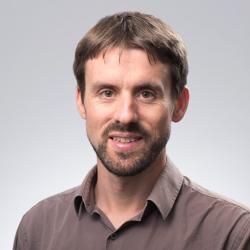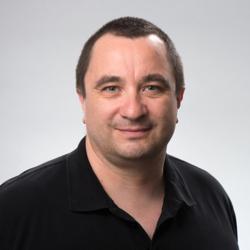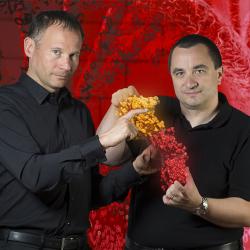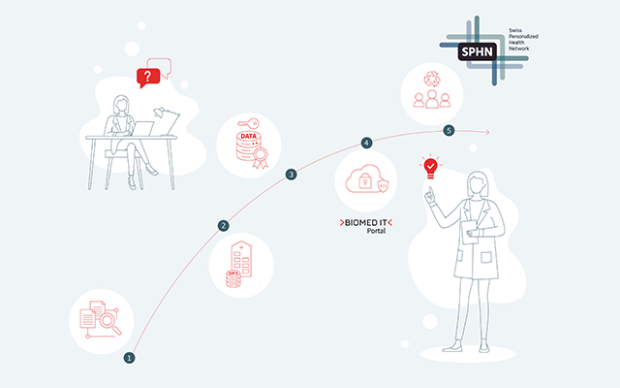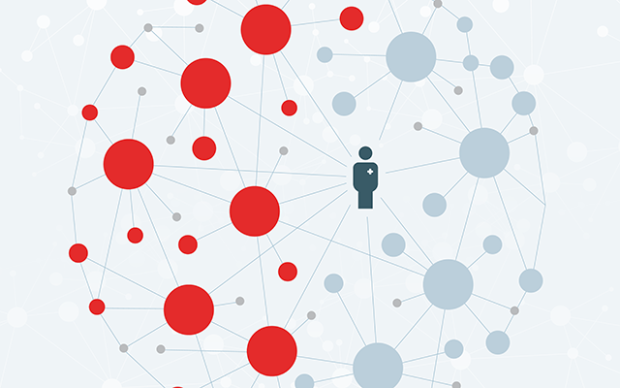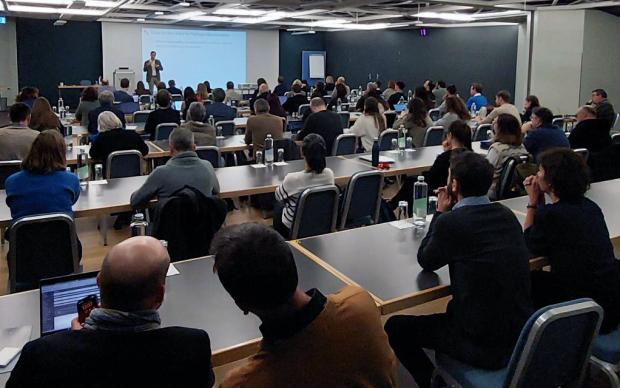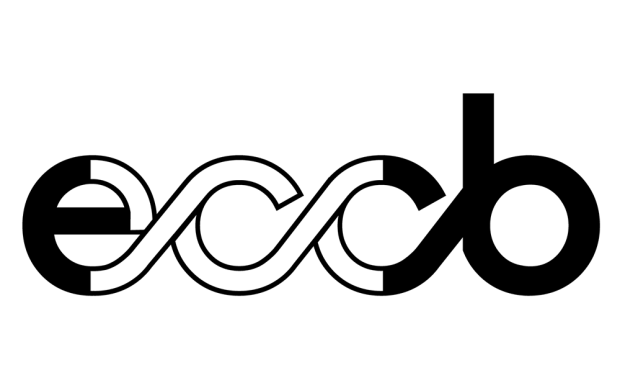One of the Sinergia 2020 fellowships of the Swiss National Science Foundation (SNF) has been awarded to a Lausanne consortium led by Alexandre Harari of the Department of Oncology UNIL CHUV, in collaboration with SIB Group Leaders David Gfeller and Vincent Zoete (UNIL) and Christoph Merten (EPFL). These researchers are all affiliated to the Lausanne branch of the Ludwig, headed by George Coukos, whose main mission is to develop new cancer therapies.
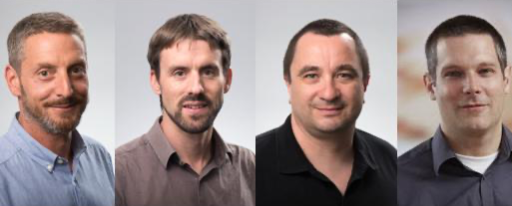
About immunotherapy
Immunotherapy is a new form of treatment for tumours. This approach is based on the ability of immune cells, in particular T lymphocytes, to recognize very specifically certain antigens presented on the surface of cancer cells. At present, identifying which T lymphocytes recognize which antigens remains difficult, limiting therapeutic applications.
The main aim of the project, which was awarded 2.3 million francs, is to develop technologies to understand, predict and identify which T lymphocytes recognise which antigens, based on molecular information from tumours and not on the basis of cellular tests as is currently the case.
To achieve this goal, the interdisciplinary team of experts from CHUV, UNIL, EPFL and SIB will be able to draw on unique skills in the fields of cellular immunology, bioinformatics, molecular modelling and bioengineering.
The first objective will be to develop microfluidic tools to isolate thousands of T lymphocytes recognizing specific antigens. These data will then be integrated into an information library to support the deployment of bioinformatics tools. They will ultimately be validated and applied to patients receiving experimental immunotherapy treatments in order to better understand their mechanisms.
The technological challenge is extraordinary and creates an absolutely unique clinical opportunity. In addition to scientific outreach, these discoveries will pave the way for the creation of new treatments such as vaccines and cell therapies for cancer patients.
Adapted from the Oncology Department UNIL CHUV read in French



